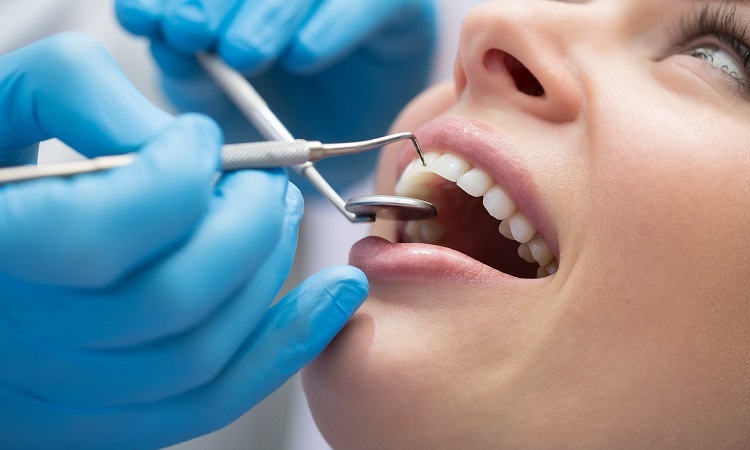Health & Fitness
Nhs And Private Dentistry

Dental care is available from private practices and NHS dentists in the UK; NHS care is not free, like medical care, but it is heavily subsidised and it is considerably cheaper than private dental care.
Currently, the NHS operates a price banding system, which has three different bands, each representing a different fee; basic treatments, including routine check-ups and dental X-rays are classed as band 1 and charged at £16.50, band 2 treatments, including cosmetic dentistry root-canal treatment and fillings are charged at £46.50 and band 3 treatments, including crowns and dental bridges are charged at £198. Some people are entitled to free dental care on the NHS; these people include children aged between 0 and 17, children aged 17 and adults aged 18 in full time education, pregnant women and people who receive certain types of benefits (their partner or spouse is also entitled to free dental care). The NHS only offers essential dental services; for example, cosmetic dental treatments are not available on the NHS.
Private dental care is much more expensive but there are advantages; often, private facilities are more modern and spacious than NHS facilities, waiting lists are much shorter and you have a greater choice of treatments; you can also choose which dentist you want to see. Prices of private treatment vary according to the dentist you choose and which part of the country you are in; Dublin dentists tend to charge more than dentists in the North, for example and those with more experience and better qualifications will also usually have higher fees. Many private practices are owned and run by the dentists who work there; if you are interested in running a similar business look out for a dental guide to practices for help in the area you are interested in and start researching running a dental business.















You must be logged in to post a comment Login